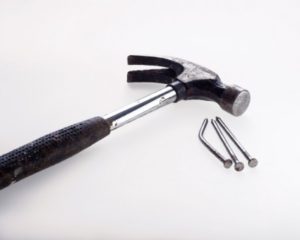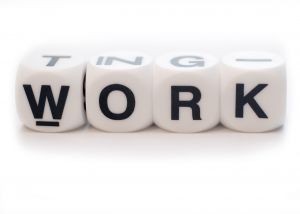A recent news feature from the Brookings Institute discusses the future of the Social Security Disability Insurance (SSDI) fund. The Brookings Institute is a non-profit think tank that has policy making experts to research issues and make recommendations to Congress, the president and other politicians. They generally comment on issues of domestic and international policy concern.
 One of the issues on which the institute has been working is how to fix or shape the future of the Social Security Disability Insurance benefits program. The SSDI program, along with the Supplemental Security Income (SSI) program are two disability programs designed to help people who are disabled and unable to work. The SSDI program is for workers who have paid into the system and can no longer work due to injury or illness. The SSI program is primarily for disabled children in low-income households and blind or disabled adults who have never worked. Continue reading
One of the issues on which the institute has been working is how to fix or shape the future of the Social Security Disability Insurance benefits program. The SSDI program, along with the Supplemental Security Income (SSI) program are two disability programs designed to help people who are disabled and unable to work. The SSDI program is for workers who have paid into the system and can no longer work due to injury or illness. The SSI program is primarily for disabled children in low-income households and blind or disabled adults who have never worked. Continue reading
 Massachusetts Social Security Disability Lawyers Blog
Massachusetts Social Security Disability Lawyers Blog









